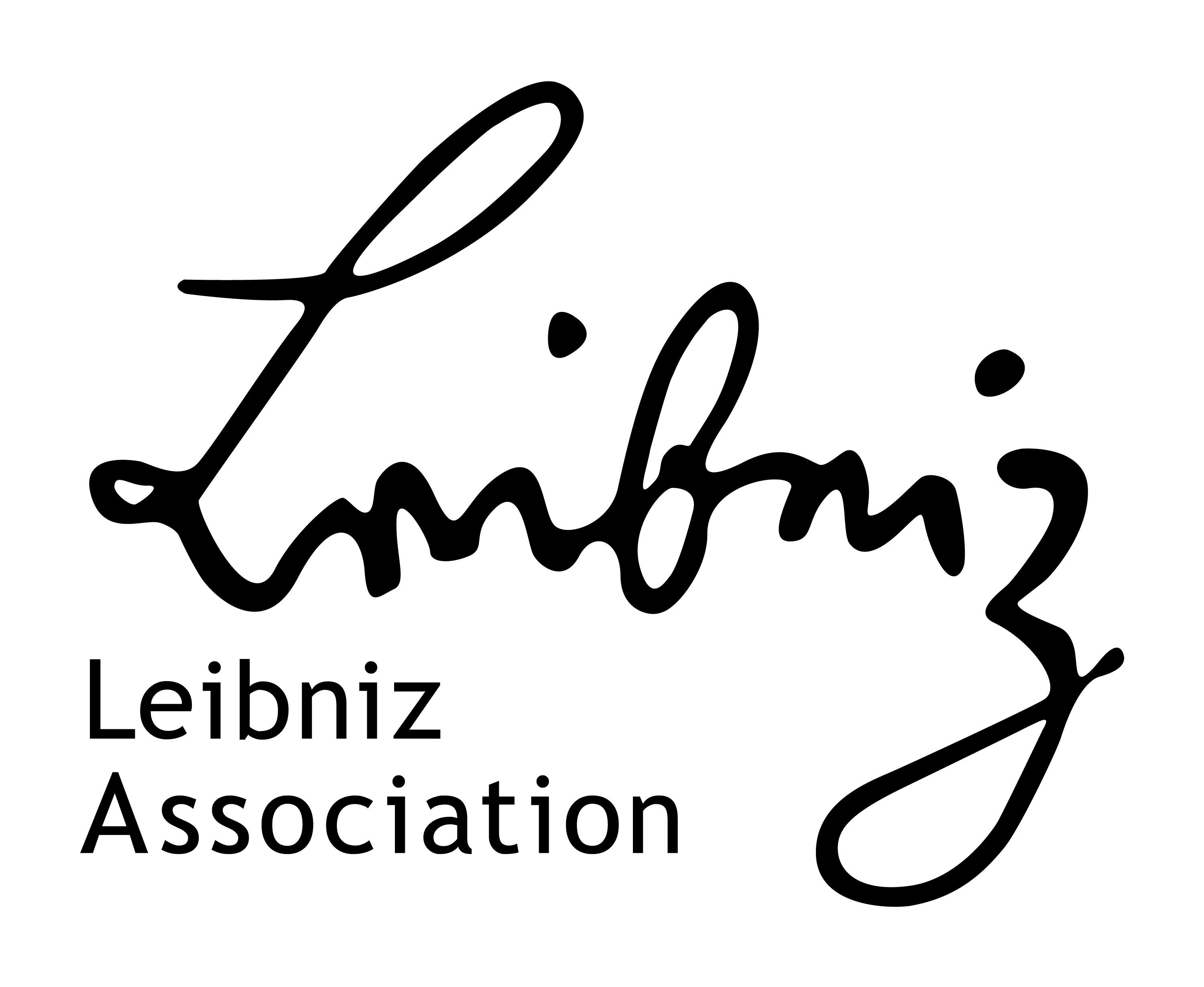Dr. rer. nat. Alex Francesca Brown I Email: alex.brown@lir-mainz.de
Steve-Mattes Herbers, medical doctoral student I Email: steve-mattes.herbers.ext@lir-mainz.de
Dr. Larglinda Islami, Postdoc I Email: larglinda.islami@lir-mainz.de
Florian König, Technician I Email: florian.koenig@lir-mainz.de
Verena Könning, Technician I Email: verena.koenning@lir-mainz.de
Dr. Inigo Ruiz de Azua, Researcher I Email: inigo.azua@lir-mainz.de
Carlos Salazar Sandoval, PhD student I Email: carlos.salazar@lir-mainz.de
Dr. Constance Vennin, Postdoc I Email: constance.vennin@lir-mainz.de
Dr. Jingzhang Wei, Postdoc I Email: weijingz@uni-mainz.de
The research group investigates the importance of the endocannabinoid system as a mediator of stress resilience. For this purpose, this neuromodulatory system is studied by genetic, epigenetic and pharmacological methods in mice. Not only brain functions with respect to stress resilience will be investigated, but also peripheral neuronal, hormonal and immunological mechanisms. Physical activity may also influence stress response and resilience. Studies of learning and memory and fear text induction will also be included, as these processes also affect stress resilience.
- Transcriptional network analyses in stress resilience using single-cell sequencing in selected neural cell populations in mice
- Description of neuronal activities during fear extinction
- Signaling mediators in blood to mediate stress resilience
- Endocannabinoids in the mediation of stress resilience
- Mapping activated brain regions in stress resilience
- Prof. Dr. Hyun-Dong Chang, German Rheumatism Research Centre (DRFZ), Berlin
- Dr. Marc Claret, Fundació de Recerca Clínic Barcelona-Institut d’Investigacions Biomèdiques August Pi i Sunyer (FRCB-IDIBAPS), Barcelona, Spain
- Zsolt Lenkei, MD, PhD (INSERM U1266), Paris
- Prof. Dr. Rafael Maldonado, Department of Experimental and Health Sciences, University Pompeu Fabra, Barcelona, Spanien
- Dr. Giovanni Marsicano, INSERM Bordeaux, Frankreich
- Dr. Maria Morena, Santa Lucia Foundation, IRCCS, Rome, Italy
- Prof. Dr. Dr. Michael Schmeißer, University Medical Center Mainz
- Dr. Francois Tronche, Neuroscience Paris-Seine (CNRS; INSERM UMR8246), Paris, France
- German Research Foundation (DFG)
- ERA-NET Neuron / BMBF
- Leibniz Alliance
Martin-Garcia E, Domingo-Rodriguez L, Lutz B, Maldonado R, Ruiz de Azua I (2025) Cannabinoid type-1 receptors in CaMKII neurons drive impulsivity in pathological eating behavior. Mol Metab. 92:102096. doi:10.1016/j.molmet.2025.102096
>> Link to PubmedPastore S, Hillenbrand P, Molnar N, Kovlyagina I, Chongtham MC, Sys S, Lutz B, Tevosian M, Gerber S (2025) ClearFinder: a Python GUI for annotating cells in cleared mouse brain. BMC Bioinformatics. 26(1):24. doi:10.1186/s12859-025-06039-x
>> Link to PubmedKovlyagina I, Wierczeiko A, Todorov H, Jacobi E, Tevosian M, von Engelhardt J, Gerber S, Lutz B. Leveraging interindividual variability in threat conditioning of inbred mice to model trait anxiety (2024) PLoS Biol. 22(5):e3002642. doi:10.1371/journal.pbio.3002642
>> Link to PubmedMonory K, Ruiz de Azua I, Lutz B (2024) Genetic tools in rodents to study cannabinoid functions. Curr Top Behav Neurosci. doi:10.1007/7854_2024_550
>> Link to PubmedTevosian M, Todorov H, Lomazzo E, Bindila L, Ueda N, Bassetti D, Warm D, Kirischuk S, Luhmann HJ, Gerber S, Lutz B (2023) NAPE-PLD deletion in stress-TRAPed neurons results in an anxiogenic phenotype. Transl Psychiatry. 13(1):152. doi:10.1038/s41398-023-02448-9
>> Link to PubmedBusch AM, Kovlyagina I, Lutz B, Todorov H, Gerber S (2022) beeRapp: an R shiny app for automated high-throughput explorative analysis of multivariate behavioral data. Bioinform Adv. 2(1):vbac082. doi:10.1093/bioadv/vbac082
>> Link to PubmedLeschik J, Gentile A, Cicek C, Péron S, Tevosian M, Beer A, Radyushkin K, Bludau A, Ebner K, Neumann I, Singewald N, Berninger B, Lessmann V, Lutz B (2022) Brain-derived neurotrophic factor expression in serotonergic neurons improves stress resilience and promotes adult hippocampal neurogenesis. Prog Neurobiol. 217:102333. doi:10.1016/j.pneurobio.2022.102333
>> Link to PubmedPascual Cuadrado D, Todorov H, Lerner R, Islami L, Bindila L, Gerber S, Lutz B (2022) Long-term molecular differences between resilient and susceptible mice after a single traumatic exposure. Br J Pharmacol. 179(17):4161–4180. doi:10.1111/bph.15697
>> Link to PubmedVennin C, Hewel C, Todorov H, Wendelmuth M, Radyushkin K, Heimbach A, Horenko I, Ayash S, Müller MB, Schweiger S, Gerber S, Lutz B (2022) A resilience related glial-neurovascular network is transcriptionally activated after chronic social defeat in male mice. Cells. 11(21):3405. doi:10.3390/cells11213405
>> Link to PubmedLeschik J, Lutz B, Gentile A (2021) Stress-related dysfunction of adult hippocampal neurogenesis—an attempt for understanding resilience? Int J Mol Sci. 22(14):7339. doi:10.3390/ijms22147339
>> Link to PubmedNavandar M, Martín-García E, Maldonado R, Lutz B, Gerber S, Ruiz de Azua I (2021) Transcriptional signatures in prefrontal cortex confer vulnerability versus resilience to food and cocaine addiction-like behavior. Sci Rep. 11(1):9076. doi:10.1038/s41598-021-88363-9
>> Link to PubmedDomingo-Rodriguez L, Ruiz de Azua I, Dominguez E, Senabre E, Serra I, Kummer S, Navandar M, Baddenhausen S, Hofmann C, Andero R, Gerber S, Navarrete M, Dierssen M, Lutz B, Martín-García E, Maldonado R (2020) A specific prelimbic-nucleus accumbens pathway controls resilience versus vulnerability to food addiction. Nat Commun. 11(1):782. doi:10.1038/s41467-020-14458-y
>> Link to PubmedLutz B (2020) Neurobiology of cannabinoid receptor signaling. Dialogues Clin Neurosci. 22(3):207–22. doi:10.31887/DCNS.2020.22.3/blutz
>> Link to Pubmed




